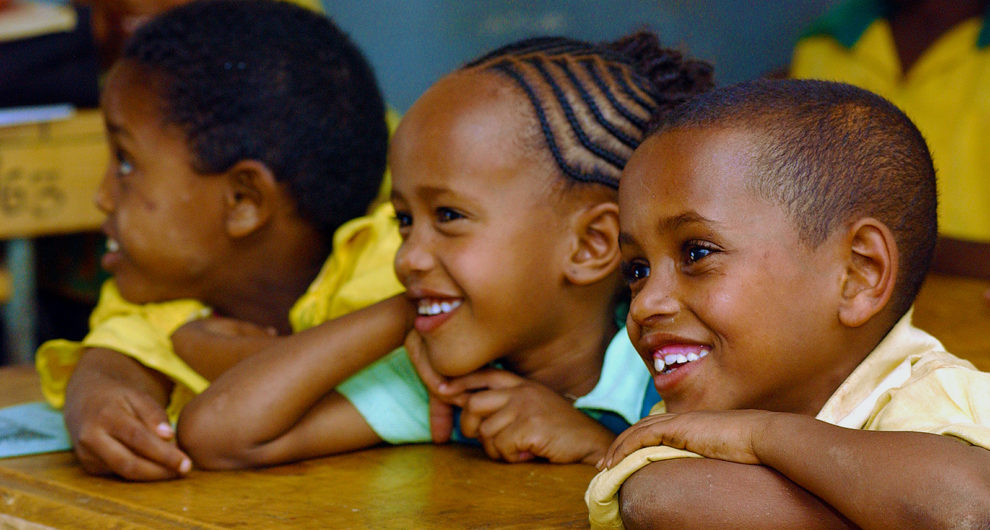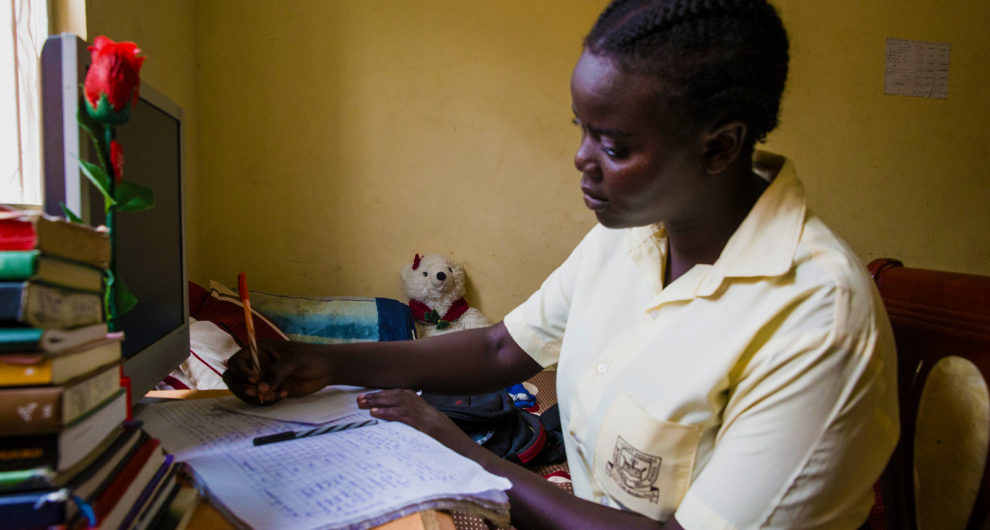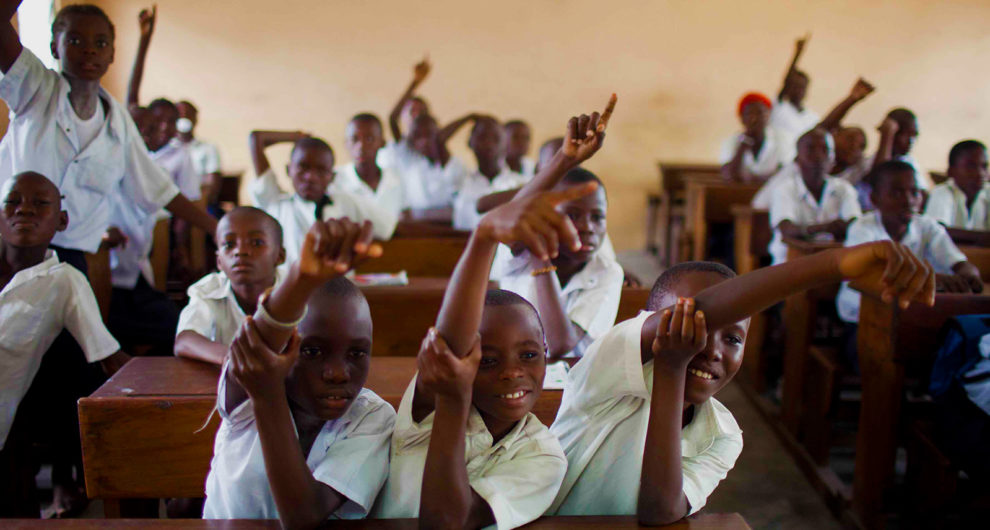Transformative Education and Skills Development



AFIDEP promotes evidence use in education policymaking in Africa. The goal of the Transformative Education and Skills Development (TESD) focus area is to strengthen Africa’s education systems for inclusive, equitable, quality education and lifelong learning opportunities. The TESD focus area also provides policy guidance for Africa’s education systems to take advantage of technological advances to leap into the Fourth Industrial Revolution (FIR).
AFIDEP’s approach to education is premised on supporting African governments to achieve SDG 4 and Agenda 2063. We use our expertise in capacity strengthening, evidence synthesis and translation, technical assistance, and engagement with policymakers and other key stakeholders to improve evidence uptake in informing education policy in Africa.
Specifically, we support the use of research evidence in teaching, learning and teacher development for:
- Curricula innovation, improvements in teaching and learning outcomes to meet the minimum proficiencies in mathematics and reading for both boys and girls
- Scaling up high quality, gender-sensitive education including use of online portals and Massive Open Online Courses (MOOCs)
- Improving 21st century skills and Technical and Vocational Education Training (TVET) and to ensure decent employment and entrepreneurship for both males and females
- Ensuring gender equality in access to quality higher education and programmes in science, technology, and mathematics subjects
- Promoting comprehensive sexuality education and the importance of understanding population dynamics in the school curriculum and in education policymaking
Although education is a new priority area at AFIDEP, previous work that the institution has done in the area has had significant regional impact.
- Between 2015 and 2017 AFIDEP carried out a 14-country study of the social and economic benefits that can be achieved if governments can make the requisite investments into health, education and in young people. The demographic dividend study reports gave policy recommendations for how to focus on the education pipeline from early childhood, through to primary and tertiary education, and technical and vocational education. The African Union designated the year 2017 as the year of the youth. Some governments used the recommendations from the study in their national development strategies, and they are proceeding to develop implementation strategies that will position their countries to harness the demographic dividend
- AFIDEP is routinely consulted by media and other institutions for policy advice on what governments and other stakeholders need to do in order to address education challenges. These include implementation of the education Sustainable Development Goal, Agenda 2063, and national education policies. AFIDEP is also frequently consulted for policy advice on contemporary challenges such as implications for education in the current covid-19 pandemic, improving the quality of education, girls’ education, and other education policy challenges
Current Projects
Past Projects
The project was aimed at producing evidence to inform thinking and policies to incorporate transferable skills into secondary schools and technical and vocational education training (TVET) institutions’ curricula in selected (case study) countries and other African countries facing similar challenges relating to youth development.
Related Items
Related Events
Jan 2019
Mar 2016
Oct 2015

